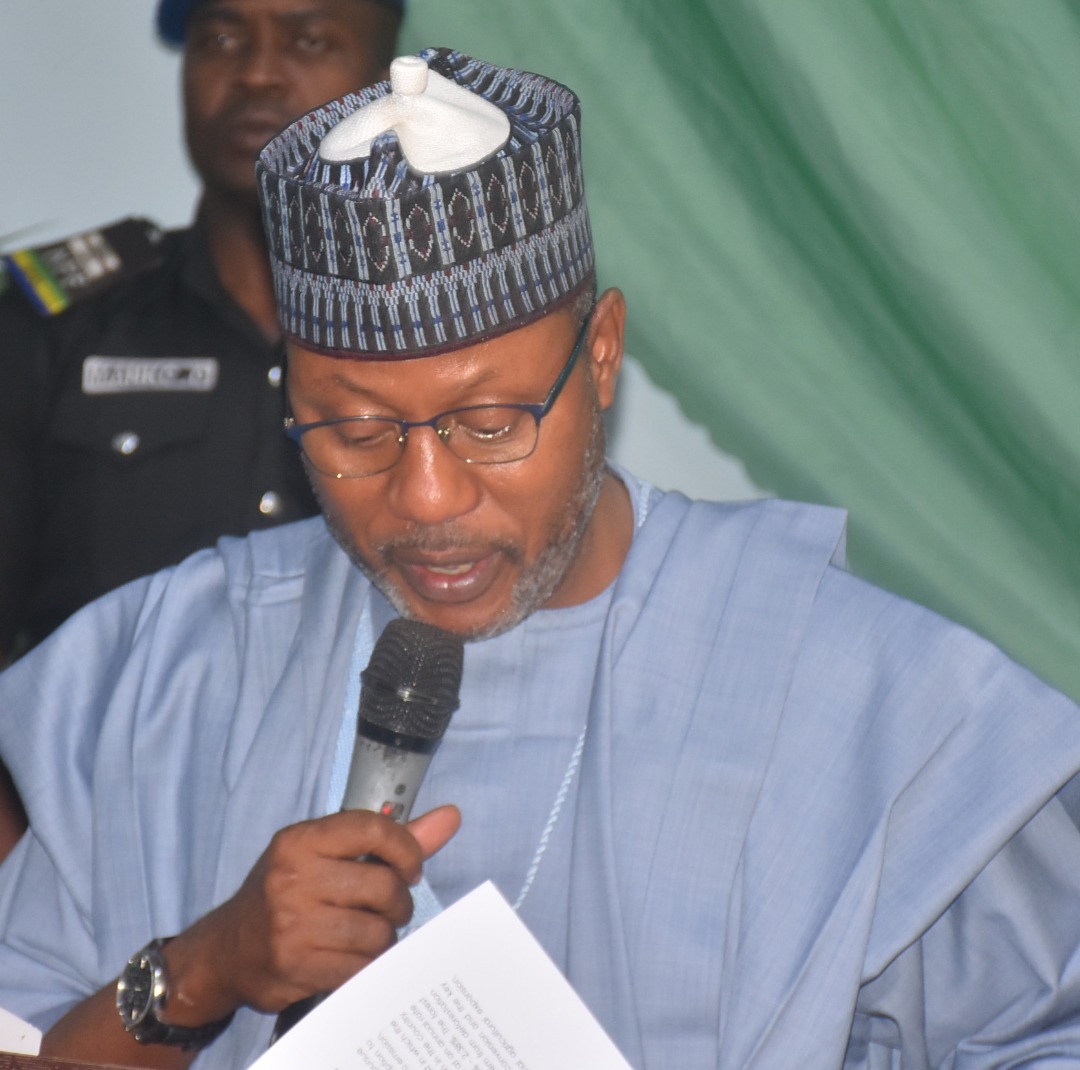The Nigerian government says it will not relent in joining forces in the pursuit of a sustainable land use transition which is essential to meeting the Paris Agreement goals, including reducing vulnerability to the impacts of climate change.
The Minister of Environment, Mr Mohammed Abdullahi, stated this while highlighting some of the achievements of the Ministry at the 16th National Council on Environment meeting held in Abuja, the Nation’s capital.
Abdullahi stated that “there is need for urgent collective step-up action by everyone irrespective of social status, religion, political leaning for drastic restoration of the country’s natural ecosystem.’’
“Our ambitious efforts towards zero emission are on course. We are promoting and embarking on climate-positive and nature-positive investments to enhance adaptive capacity and build resilience of the ecosystems while improving the livelihoods of the local communities and indigenous people,” he explained.

The Minister further stressed that the government was also promoting and embarking on climate-positive and nature-positive investments to enhance adaptive capacity and build resilience of the ecosystems, while improving the livelihoods of the local communities and indigenous people.
He said; “We strongly believe in strengthening our shared efforts to conserve forests and other terrestrial ecosystems and accelerate their restoration, facilitate trade and development policies, internationally and domestically, that promote sustainable development, sustainable commodity production and consumption, reduce vulnerability, build resilience and enhance rural livelihoods, including through empowering communities.”
The representative of Food and Agriculture Organisation, Mr Abubakar Suleiman said; “the Oragnisation is presently supporting the Federal Ministry in mobilising resources from the global climate finance institutions.’’
He noted that FAO Nigeria would always give consideration to supporting special efforts being made by the Nigerian government to ensure more inclusive and more sustainable agri-food systems, for a better environment.
“The FAO Nigeria through its programmes and projects has been able to support in strengthening capacities of government counterparts to better respond to climate change challenges including the ability to generate, collect, analyse and utilise data and information for climate action; better access to financial resources for climate change adaptation and mitigation; adoption of good practices and innovative solutions to climate resilience, adaptation and mitigation; mainstreaming of climate change considerations in national and subnational policies and strategies,” Mr. Suleiman said.
The National Programme Officer UNIDO, Mr Osuji Otu said UNIDO would continue to provide technical support to Nigeria in achieving a net zero status through the promotion of clean technology and renewable energies like small hydro power, circular economy and waste management.
Mr. Otu stated;“We are presently implementing the Nigeria Country Programme which runs from 2018 to 2022 and environmental management is a standalone and important component of this Country Programme. Based on the request of the Nigerian President, the Country Programme will be converted into a Partnership for Country Programme by January 2023.”
The event also witness lecture presentation by Professor, Emmanuel Oladipo, who also appeal to the Ministry to create or transform one of its Agency to become a National Institutes for Environmental Research Studies.
This he said would enable it train people and bring out expertise by using a lot of academics to add value to what the Ministry is doing.
VON




You must be logged in to post a comment.